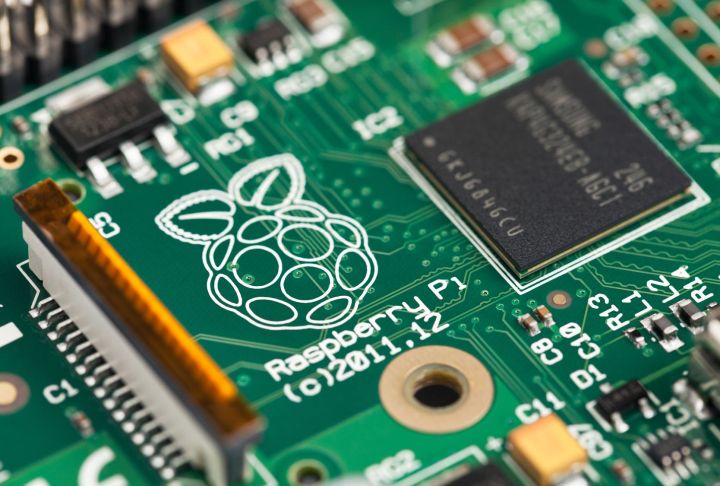
And if activity in a certain database is any indication, it’ll soon gain another trick: Android compatibility. A recent addition to the code for Google’s Android Open Source Project (AOSP), the framework of Google’s Android mobile operating system, suggests that official support for the Raspberry Pi 3 may arrive in the coming weeks or months.
The relevant change, a new “device tree” for the Raspberry Pi 3 (a folder that’ll contain Android files that play nicely with the Raspberry Pi 3’s special mix of hardware, essentially), appeared five weeks ago in the public-facing AOSP codebase. It hasn’t yet been populated with usable code — its creation was accompanied by the comment “initial empty repository,” Ars Technica reports — but its presence is an indication that a Google-compiled version of Android for the Raspberry Pi 3 might be right around the corner.
The Raspberry Pi 3’s hardware, not coincidentally, is remarkably well suited to Android. The budget board has a 64-bit quad-core processor, 1GB of RAM, a wireless chip capable of Bluetooth and Wi-Fi, and expandable storage via a microSD slot. It’s got a 3.5mm audio jack, too, plus an Ethernet connector, MicroSD card, 4 USB ports, and connectors for external cameras and displays.
A custom Raspberry Android build would be a bit unorthodox for Google, admittedly — the search giant’s historically limited its Android firmware involvement to partners of its Nexus-branded smartphones and tablets. But sanctioned support for the Raspberry Pi 3 might be perceived as a response to Microsoft’s free, stripped-down version of Windows 10, IoT core, for the Raspberry Pi 3, which Microsoft made available late last year.
And Android’s not exactly new to the Raspberry Pi 3 — a number of developers managed to boot Android 6.0 Marshmallow, the newest version of Android, on Pi devices earlier this year. But an official distribution might contain a level of optimization and polish that unofficial projects lack, and might contain resources and documentation that’d make installing Android’s more than 1.5 million apps easier.
Android has seen an unprecedented level of expansion to new hardware lately. During Google’s I/O developer conference last week, the Mountain View company announced it would bring Android apps to Chromebooks, the millions of low-cost laptops that run Google’s lightweight Chrome OS operating system, via the Play Store starting in July.
And Android TV, the company’s entertainment-focused version of Android, is set to debut on hardware from Philips, Toshiba, Westinghouse, and others later this year. With those dozens of deals and the likely addition of the Raspberry Pi, Google is one step closer to achieving its vision of an Android-dominated world.


